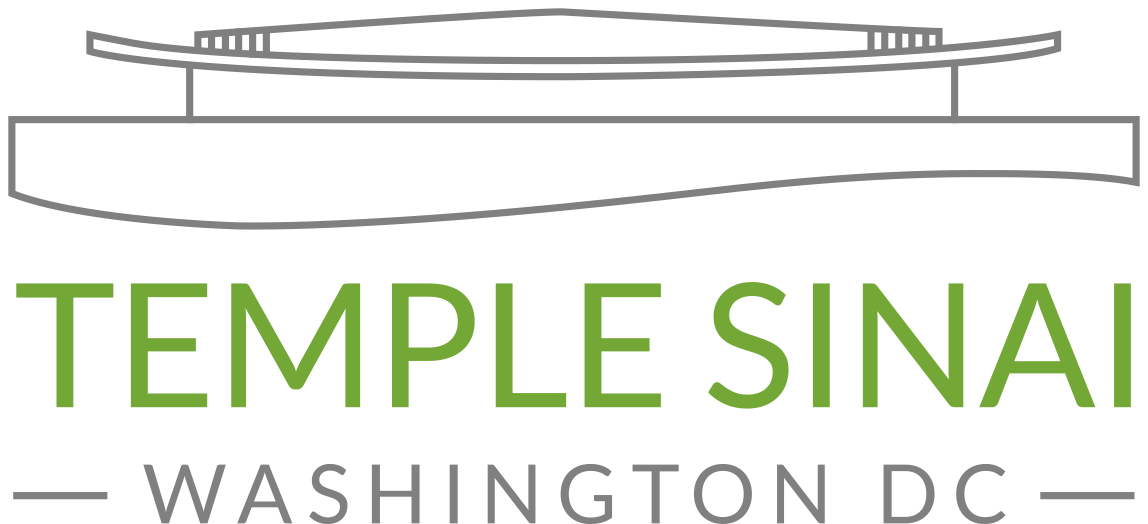The Death of My Temple
Like me, many in our congregation “belong” to two temples: our beloved Temple Sinai in northwest DC, and the temple of our youth—where we attended services with our families, went to religious school, became a Bar or Bat Mitzvah, and perhaps learned a few Jewish songs. We may or may not still visit that temple, but it remains in our memories and our hearts.
At the age of 68, the reform synagogue of my youth—Temple Beth El of Closter, NJ—was laid to rest on June 14, 2019. After membership dropped over 50% and finances withered under a large mortgage, the building was bought by a Korean church; the house of so many rituals and gatherings—my 1977 bar mitzvah included—is no more. On Saturday, the congregation marched its Torahs six miles to another failing temple that will absorb the remnants of Beth-El and try to survive, and perhaps, someday, even grow.
Closter, NJ sits in Bergen County, which has a large Jewish population and a number of temples in the area that survived the decades and even thrived. So why did Temple Beth-El perish? Simply put, Temple Beth-El failed to understand changes in the Jewish community at large and adapt to its needs. (For example, even in 2019, Beth El’s rabbi will not perform interfaith marriages.) Unwilling or unable to change, the temple made itself unappealing to potential new members. Couple that with poor financial decisions by a temple leadership unaware of its looming loss in membership revenue, and the patient succumbed.
And what of Temple Sinai—so young at 70? Are there similarities? Thankfully, no. As a member of Sinai’s board, I see a temple led by professionals, and volunteer leaders with strong professional backgrounds, who understand how to run a non-profit, a business, and a community organization, all rolled into one. And as a temple member and parent of three religious school students, I see clergy deeply engaged with our children, our Jewish and secular communities, and the issues of the day. From September to May, you can’t find an open meeting space on a weeknight; temple events, educational programming, community programs, and holiday services fill the building with energy and enthusiasm. It’s perpetually springtime at our shul.
Loss provides opportunity for reflection and appreciation for what we have. As Temple Beth-El took its last breath this weekend, I feel especially grateful for the warmth and vitality at Temple Sinai. And I am comforted in knowing that my children always will be able to return here, regardless of any other Jewish community where they also may belong. Because of its dedicated clergy, vibrant congregation, and committed professional staff, Temple Sinai will thrive for generations to come.
-Michael Sussmann
